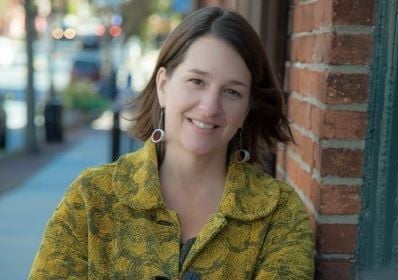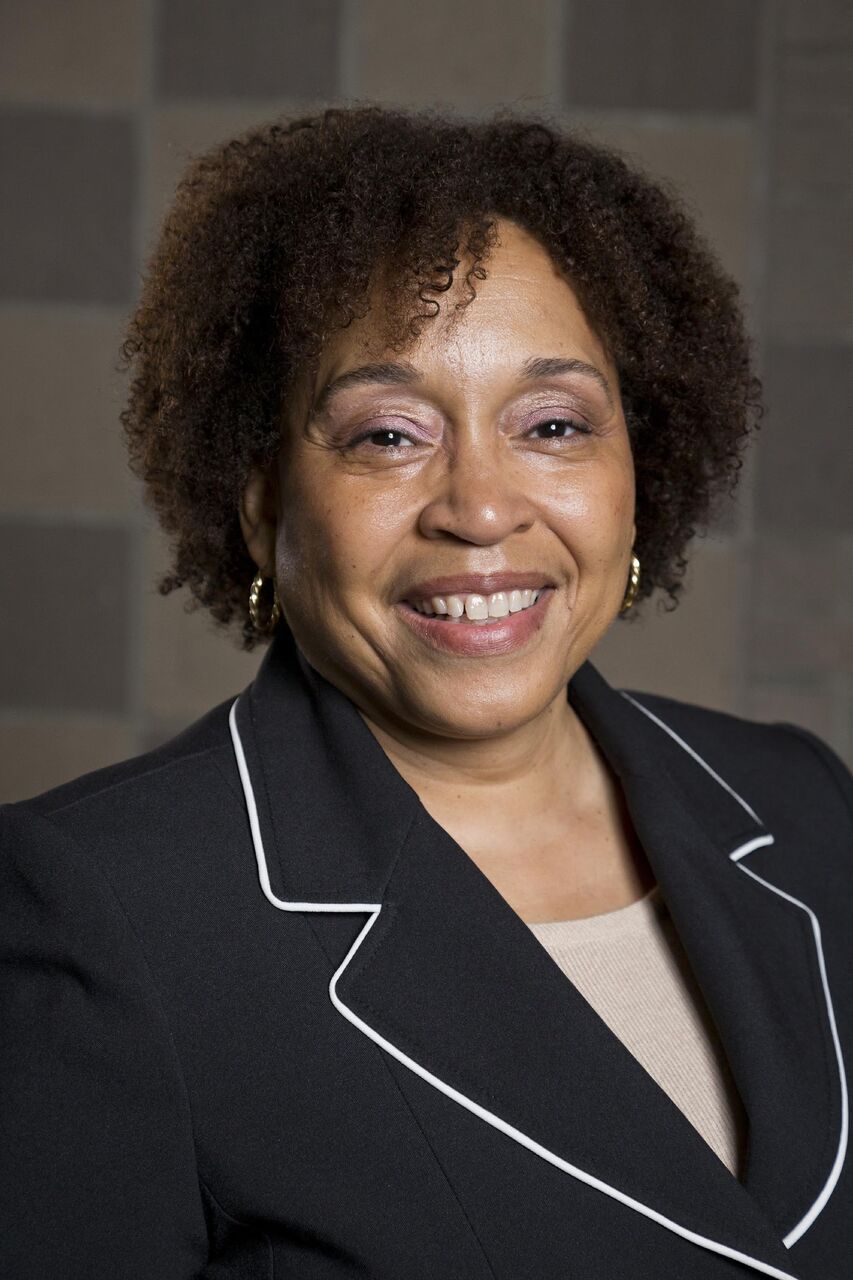5 Women Leading Change in Sustainable Business

Women need to be leading sustainable business because we need more women going into business.
At first, this may sound like circular reasoning. But in fact, if we are going to eliminate some of the biggest deterrents for women going into business, women need to be leading the movement that is going to transform how we do business.
And it goes both ways — if the business paradigm is really going to dramatically shift toward prioritizing environmental sustainability and social justice, it can no longer be dominated by a single demographic.
More Than Diversity — How Women Impact Sustainable Change
These days we often hear about the need for better and more diverse representation—at the Oscars, in academia, and in government. We know that people who aspire to work in particular industries are more likely to pursue them if they see others who share their identities and stories succeeding within them.
In business, the need for women’s representation is not just for the sake of role models, although this is important, too. Research shows that when women are working in a company’s management and leadership, there is a strong correlation with an improvement in their corporate social responsibility — such as better treatment of the environment, their employees, and those in their supply chain, and the creation of more ethical products, such as healthier foods.
But in addition to these social benefits, researchers also suggest that these companies may be more profitable too.
For example…
There is Joyce Dickerson, who leads Google’s Global Data Center Sustainability.
Dickerson views her biggest accomplishment as “continually proving out that sustainability is good business, and not just a good thing to do,” which she has done by using 50% less energy than the norm in data centers.
But wait, it gets better — this energy reduction is happening simultaneously in Google’s office spaces. So while Google preserves energy, they amplify workplace satisfaction, productivity, and their employees’ overall health.
And Yet — Women are Still Outnumbered in Business Settings
Sustainable companies are not immune to the uneven gender representation in leadership that plagues the broader business world, and this is attributed to many of the same causes. One of the main problems we still hear about often is how women struggle to advance their careers at the same moment at which they are becoming responsible for the majority of childcare and household work.
Sustainable business has the advantage of making the work that women do feel more meaningful, which is key for keeping them in their companies, but overall, we are still lacking the kind of workplace policies that afford women equal opportunities.
Changing the Paradigm — Women at the Forefront of Sustainable Business
Fortunately, the sustainable business movement is well poised to take the next step in transforming business’ strategy, operations, and products for the social good — but women must be at the forefront.
Women, like Dickerson, have shown that changing the paradigm to environmental and social ethics are good business. But as we continue to define what ethical business looks like, we need more women leaders to show that their equal contribution is not only fair and valuable, but also good business.
For example…
Women are more likely to prioritize instituting policies such as sufficient and shared maternity/paternity leave, that could instill qualities of collaboration and mutual responsibility throughout their business’ culture and strategy, and create more space for women employees to be able to continue innovating and succeeding in their jobs. It is exactly this kind of policy that will not only help women advance to the C-suite, but will also eliminate the perceptions of business that deter them from pursuing it.
Women of Bard — Bard College’s MBA in Sustainability
Women who have a lot of potential look for paths in which they can succeed and make the impact they want on the world.
With that statement in mind, it is no surprise that while conventional MBAs still lag in equal gender ratios, Bard College’s MBA in Sustainability enrolls more than 50 percent women in their student body.
Sustainability business leaders recommend obtaining a rigorous business education rather than solely approaching their social impact goals from an education in sustainability. Indeed, several women graduates from Bard’s MBA in Sustainability used what they learned to radically and profitably transform their organizations.
While enrolled in the Bard MBA , Jessica King continued to serve as the the Executive Director of ASSETS, a non-profit that seeks to develop the economy of Lancaster, PA, to solve its crushing 30% poverty rate. Her Bard MBA experience led her to shift ASSETS model from primarily focusing on job training to combining credit-building microloans, women’s leadership training, and social impact innovation programming. She left ASSETS in 2017 to run for Congress to advocate for universal healthcare, free college at local community colleges, economic development and job training, and Puerto Rican debt (and hurricane) relief.
, Jessica King continued to serve as the the Executive Director of ASSETS, a non-profit that seeks to develop the economy of Lancaster, PA, to solve its crushing 30% poverty rate. Her Bard MBA experience led her to shift ASSETS model from primarily focusing on job training to combining credit-building microloans, women’s leadership training, and social impact innovation programming. She left ASSETS in 2017 to run for Congress to advocate for universal healthcare, free college at local community colleges, economic development and job training, and Puerto Rican debt (and hurricane) relief.

Bernell Grier, the Chief Executive Officer of Neighborhood Housing Services of New York City, developed and introduced an innovative lending platform to achieve their aims of creating opportunities for homeownership for low-income families beyond their education, counseling and financing programs through her Bard MBA Capstone Project.

Chelsea Mozen used her Bard MBA Capstone experience to develop an innovative program for Etsy, Etsy Solar, to offer low-cost financing to Etsy’s 1.6 million artisan producers to install solar systems on their roofs. For every 1% of sellers who sign up for the program, 16,000 home businesses will be solarized.

Mariana Souza focused her Bard MBA experience on sustainability consulting through NYCLab, a position as an Environmental Defense Fund Climate Corps Fellow, and starting a consulting group for her Capstone Project. She now provides management and organizational transformation consulting for the power and utility sector as a Senior Associate at KPMG.
Closing Thoughts — The Full Potential of the Sustainable Business Movement
Dickerson, King, Grier, Mozen, and Souza are just a few examples of women who have shown the enormous professional and societal success that can come as a result of sustainable business initiatives.
With a growing consensus on the full potential of sustainable business, this is an inspiring moment to really change how we treat humans and the environment across the business landscape — but more can be done. We need to finally ensure that women’s equal treatment and fair access to opportunities are seen as an essential part of this sustainable movement.






